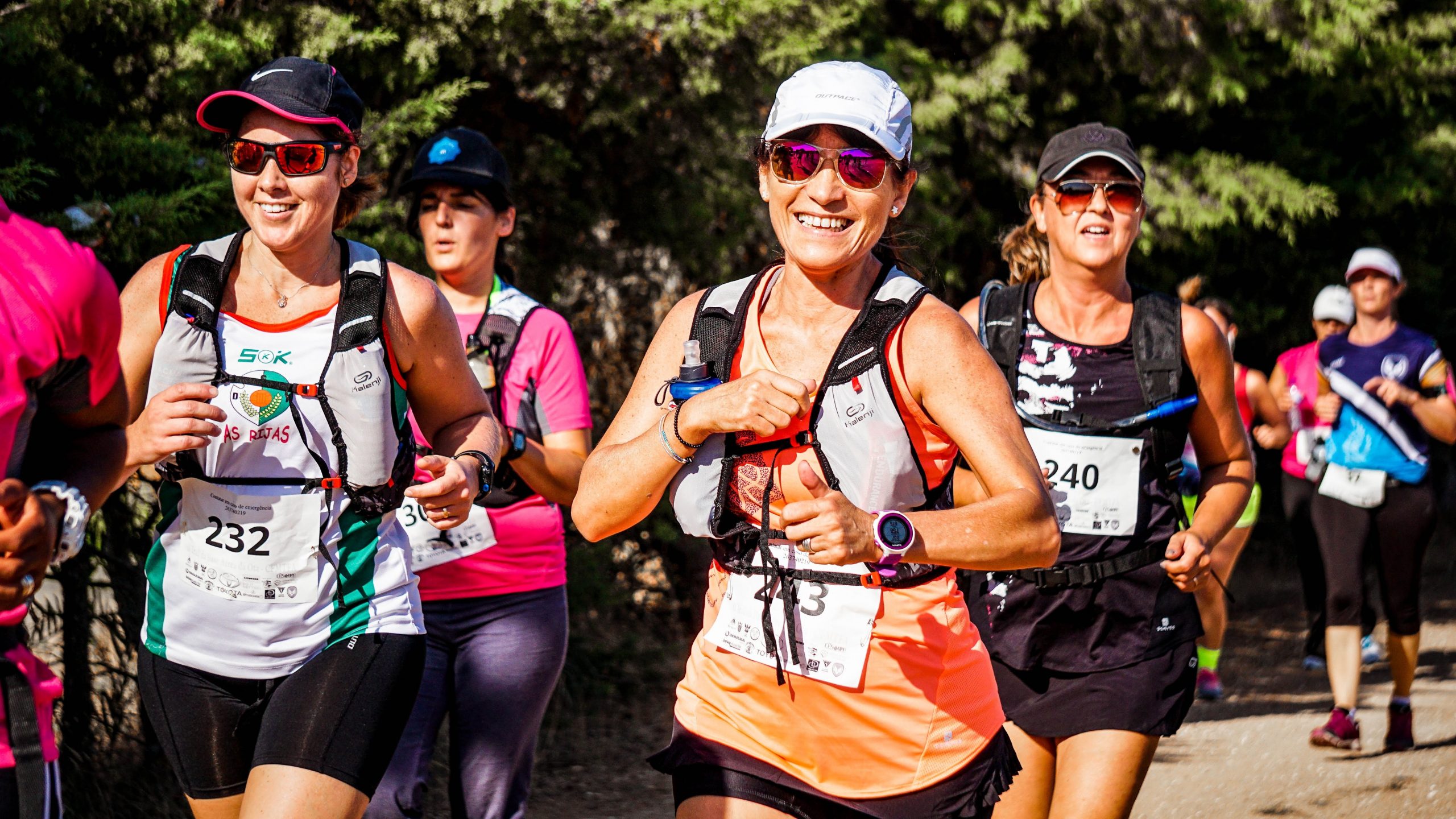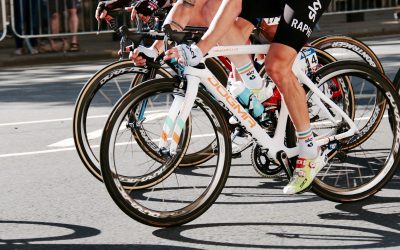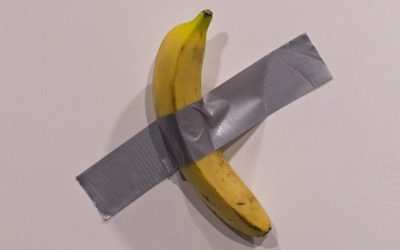TIP 359
Determine race fluid intake by putting training fluid intake, temperature, weight loss & intensity in a spreadsheet.

Getting fluids in and staying hydrated is one of the most important parts of racing. So what should your intake be during a race or long training to get the best result possible? To know what you should take you need to know your sweat rate, or in short how much fluids do you lose per hour. This rate depends on a couple of factors: Weather, temperature, your clothing, your pace and actual intake.
Of course you won’t be cycling and running in your tri-suit in the middle of winter so you should focus on the more summery like weather types.
Of course you won’t be cycling and running in your tri-suit in the middle of winter so you should focus on the more summery like weather types. The types you could face during race day. Note (here is an example spreasheet) the temperature and type of weather (windy, rainy etc) for your training. Warm and windy weather means a higher sweat rate. Next is your clothing and pace you need to write down. The more clothes you wear and the harder your pace is the quicker you lose weight because of sweating.
Last, but not least you need to note your intake, so how much fluid (and food) do you take during your training. With these parameters noted you need to weight yourself (naked!) before and after your training (or race) to know your weight loss. Add your intake to the loss and you know your sweat rate over the whole training. Divide this rate by the hours you worked out and there you have your sweat rate per hour. Based on this you can determine how much fluids you should take during a race knowing the circumstances and pace you will be racing.
NOTE! Your body needs to adapt to (sudden) climate changes and therefore you can have a different sweat rate when the weather changes suddenly. Besides this you should always pay attention to the maximum amount of fluids you can take and prevent overhydration by drinking more than your body can handle. This maximum is around 1 liter per hour, which automatically means that in hot circumstances you will lose weight and should never try overdrink the maximum your body can take to balance out this loss.
Photo by RUN 4 FFWPU from Pexels
Related posts
TIP 357: Als je in een groep rijdt en er is een lekke band, krijg je de kans om te oefenen met het verwisselen van banden als ze hulp willen.
When riding in a group and there is a puncture you get the opportunity to practice changing tires and become a flat-fixing-master!
TIP 358 – Duct Tape
Duck tape! One of the things you need for racing! To tape gels and race numbers to the frame are just two reasons! Or just a banana to the wall…
TIP 360: I swim, bike, run, brick and more, but never practiced a race day morning. That changed today! How about you?
What does race day morning look like? It really doesn’t matter, as long as it makes you feel happy and can get to the start line with little stress.
TIP 357: Als je in een groep rijdt en er is een lekke band, krijg je de kans om te oefenen met het verwisselen van banden als ze hulp willen.
When riding in a group and there is a puncture you get the opportunity to practice changing tires and become a flat-fixing-master!
TIP 358 – Duct Tape
Duck tape! One of the things you need for racing! To tape gels and race numbers to the frame are just two reasons! Or just a banana to the wall…



